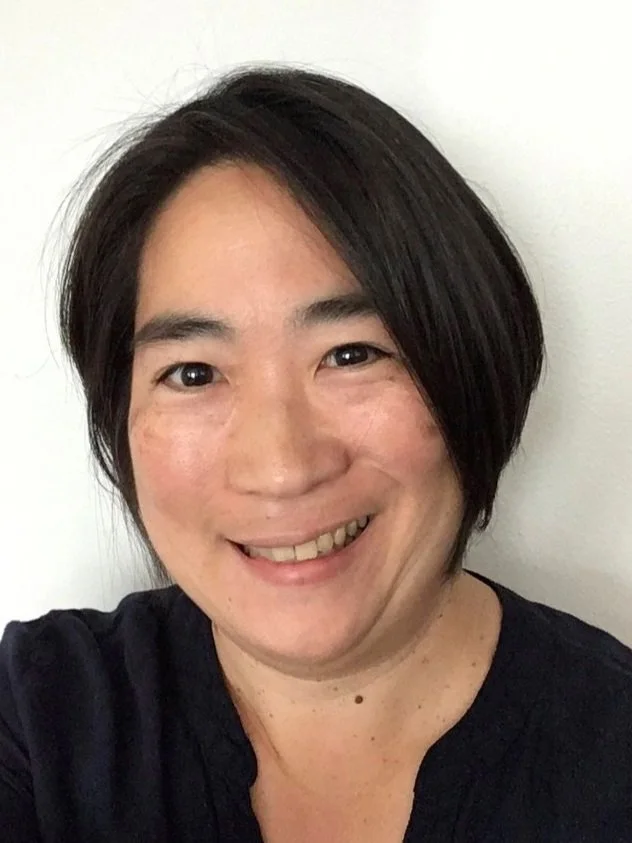About Me
I am a Licensed Mental Health Counselor (LH 61056008) providing psychotherapy services via telehealth, to adult individuals residing in Washington State. I graduated from Seattle University in 2017 with a Master of Arts in Existential-Phenomenological Psychology and have been working in the field of mental health for 13 years. I primarily utilize IFS (Internal Family Systems) and at times, incorporate mindfulness-based approaches as well. My own long time practice of Vipassana meditation also informs my work.
I began my career in mental health by providing companionship in side-by-side communal housing to people transitioning from homelessness to permanent housing. Enjoying the experience of community, I began volunteering as a women’s advocate at a confidential emergency shelter for women and their children fleeing domestic violence. That work led me to an inpatient psychiatric hospital, where I served as a mental health specialist for 5 years, working with involuntarily committed adults experiencing mental health crises.
Finding how powerfully healing simple presence can be, I decided to become a therapist and enrolled in graduate school. While there, I completed an internship working on-site as a counselor with underserved children, youth, and family. After receiving my degree, I began working as an associate’s license therapist providing therapy and case management services at a community mental health agency that served a diverse population of unhoused adults suffering from severe and complex trauma. In 2020, I became independently licensed and launched my private practice.
My Approach
I approach therapy from the perspective that life experiences and what they mean to us influence how we navigate our struggles, our lives, our relationships, and the world. I am committed to practicing with compassion, acceptance, and non-judgment and aim to help clients shift from going through life in a habitual, reactive way to living in a more intentional and meaningful way.
Specialties
anxiety
depression
relationship issues
sexual abuse
trauma
racial identity

